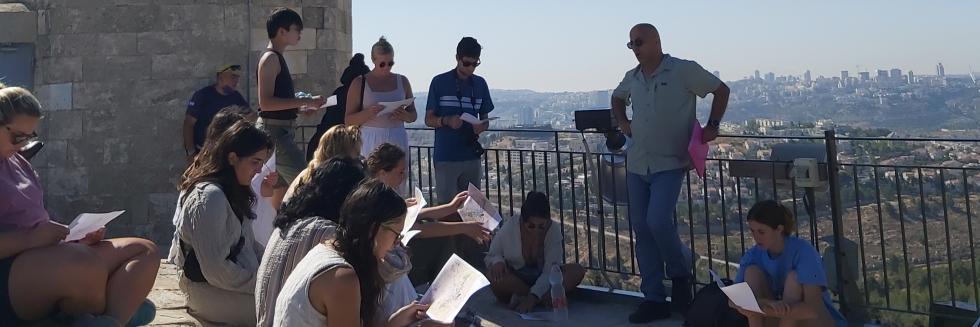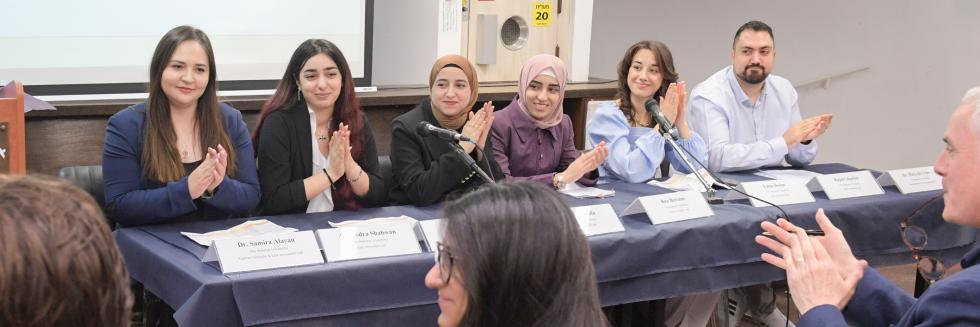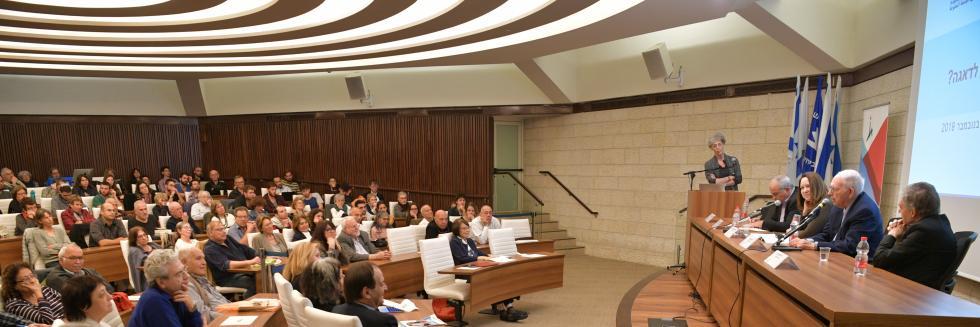Prof. Amnon Cohen
Former Academic Director

Research Group Abstract:
"Iraq: A Focal Point of Local, Regional and International Crisis"
The toppling of Saddam Hussein in 2003 and the American occupation of Iraq have had far-reaching ramifications for the character of the Iraqi state and a substantial impact on regional and international processes. The Iraqi nation-state has faced a grave existential threat since the war began. The tension between centrifugal and centripetal forces has manifested itself in a variety of domains. Most prominently, it has figured in the attitudes of the country’s Shi‘i, Arab-Sunni and Kurdish communities towards one another, towards the nature of the Iraqi state and Iraqi identity. The new Iraqi Constitution and legislation on such issues as federalism, oil, the status of religion and even matters of personal status were designed to facilitate coexistence, but nonetheless also allow for each community to take steps towards secession. Efforts at rebuilding Iraq’s collapsed infrastructure – everything from the country’s power grid to its school system – and settling the ongoing problem of refugees and displaced persons, may strengthen state institutions, but it might also lead to a regeneration of infrastructure on a regional basis, deepening divides rather than easing them.
In the wake of the war, Iraq has become a key staging ground for a battle between American globalism and the competing aspirations of Iran and al-Qa‘ida. The occupation of Iraq was conceived of as a first step towards realizing the neo-conservative vision of democratizing the Middle East, as part of a new global order to be led by one superpower: the United States. While the U.S remains at the helm of the existing global order, embroilment in Iraq has nonetheless impacted negatively on her conflict with Iran and al-Qa‘ida – who would prefer a different global order. Iraq is of paramount importance to those in Iran who would prefer to push the Revolution forward and continue to promote the Iranian global vision by way of nuclear armament. The establishment of a democratic, pro-American state along its border would signal to the Iranian public that the Islamic Revolution had failed.
At all levels of discussion Iraqi oil must be factored in.
The Jihadist insurgency which began in Iraq in 2003 was and remains an important phase in the development of al-Qa‘ida as an ideological and strategic umbrella organization for global Jihad. Many elements within world Jihad view their struggle as a battle with historical aggression directed against Sunni Islam as a whole. In other words, they see their war as a defensive war against both American and Jewish global aspirations and the Iran-led Shi‘a. According to this conception, Iraq is a mere microcosm for a broader struggle.
We are facing a new era in Iraq. An American-Iraqi treaty will hasten American troop withdrawal. A change in the American administration will most likely alter U.S. policy. The upcoming provincial and national elections will reshuffle Iraqi politics. The impact of these developments on Iraq, the Middle East, and the global order are of enormous importance. The Iraq Research Group, which includes experts on Iraq and the Middle East, has been following events in Iraq since 2004. A publication of the group's joint efforts, edited by Prof. Amnon Cohen and Dr. Noga Efrati, is in the last stages of preparation for publication. The group will continue to hold a monthly seminar with experts from Israel and abroad. Key sessions will be open to Truman and HU researchers. The group is planning to hold a symposium, entitled "Iraq: A Focal Point of Local, Regional and International Crisis". The primary objective of the group is to encourage researchers and facilitate publication of their findings in the key academic journals.





